Standards and Policies

Standards and policies
The work under this area of work focusses on establishing an international framework to enhance transparency and streamline standards and policies in post-harvest and trade of fisheries and aquaculture products
In light of an increasingly globalized environment and growing attention over environmental issues, sustainability, social responsibility schemes, Illegal Unregulated and Unreported (IUU) fishing, the capacity to deal with the multi-faceted aspects of international trade and markets has a great significance to key stakeholders along the value chains. Moreover, in the last decade, the nature of international trade has changed, and the value chains have lengthened, increasing the need for safety and quality-control assurance systems and regulations that ensure safe production for consumers.
Activities under this area of work are specifically designed to increase awareness on international market requirements and standards, streamline policies and procedures, explore key issues in the post-harvest and trade sector and identify and develop the most appropriate training programs, best practices, tools and mechanisms for countries and regions to enhance their capacities, access new markets and operate more effectively and smoothly in increasingly complex and globalized value chains.
Our work in action
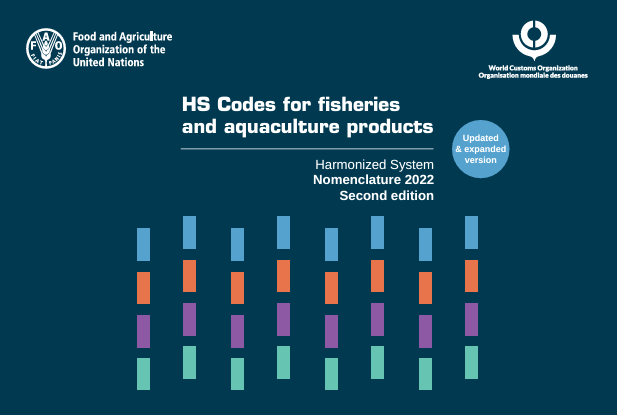
Product classification is a key element in international trade. The Harmonized System (HS) Codes for fisheries and aquaculture products, developed by FAO GLOBEFISH in collaboration with the World Customs Organizations (WCO), provides an internationally recognized product classification system.
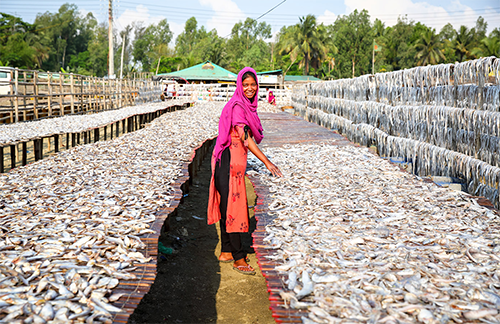
The online e-learning course on the international trade of fisheries and aquaculture products developed by FAO GLOBEFISH, delves into the primary international frameworks and instruments that are relevant to fisheries and aquaculture products and is available free of charge, as a global public good. It covers FAO fisheries and aquaculture instruments, the HS nomenclature, and preferential access and rules of origin, with all the nuances associated with the sector.
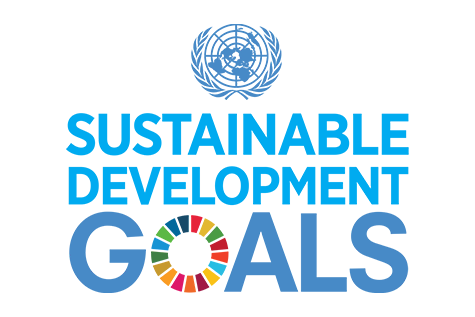
FAO GLOBEFISH is the focal point for SDG indicator 14.7.1 “Contribution of sustainable fisheries to national economies”. Reports on the indicator are published as part of the FAO SDG Progress Report and the UN Sustainable Development Goals Report. As part of a concurrent effort to promote better data transmission, case-by-case special aggregates are also produced.
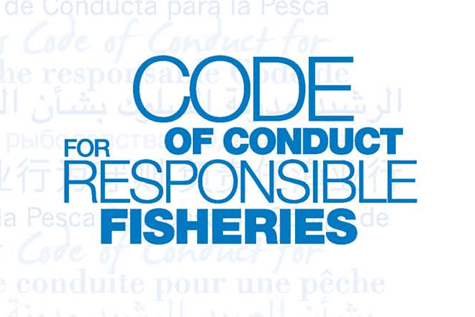
FAO GLOBEFISH is actively involved in supporting the implementation of article 11 of the Code of Conduct for Responsible Fisheries - relevant to post-harvest practices and trade - worldwide, promoting technical assistance activities at national, regional and global level.
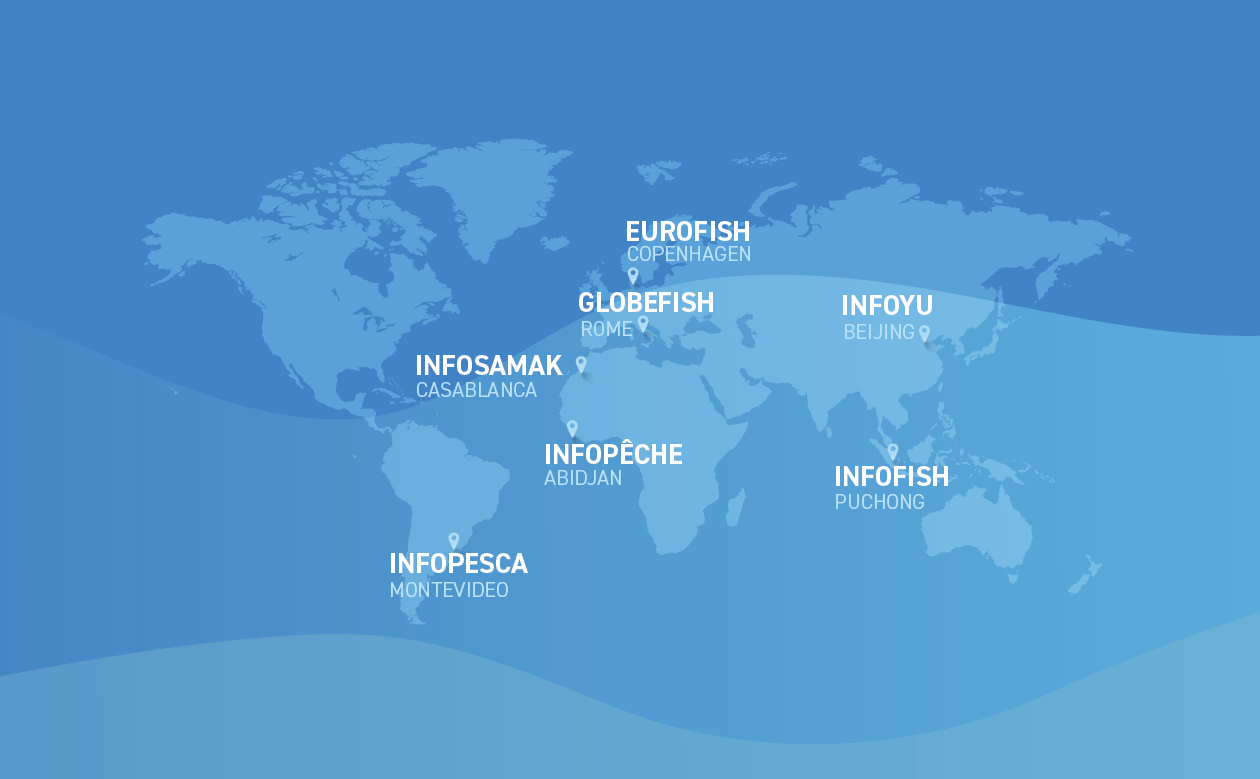
FAO GLOBEFISH is the coordinator of the FISH INFONetwork (FIN), the principal open source of market and trade information, releasing periodical analytical reports for all nodes of the fisheries and aquaculture value chains and offering technical assistance to governments, industry and academia, among others.
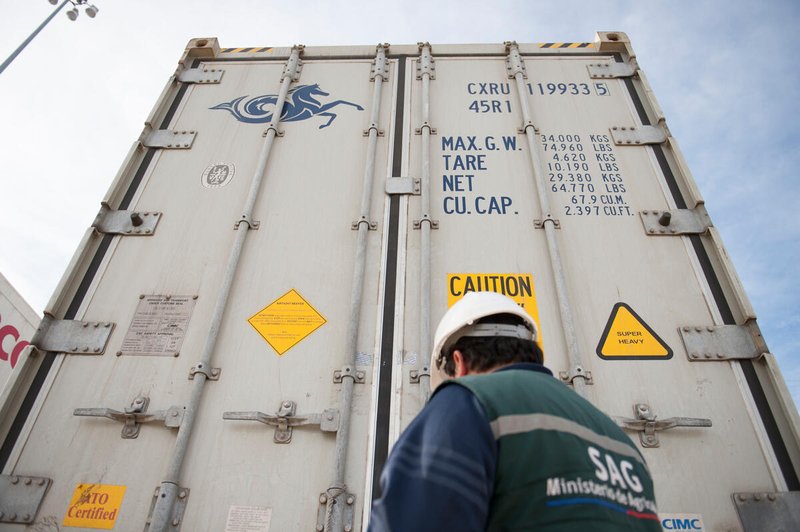
Since 2016, the FAO GLOBEFISH provides information about regulatory frameworks and import notifications across 3 dedicated sections of the website. This information is a tool to promote food safety in increasingly complex and globalized value chains and is key for enhancing market access as it provides exporters with a better understanding of and compliance with risk-based import control systems
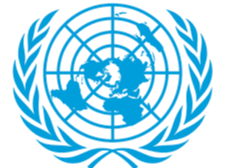
Taking into consideration the comprehensiveness of trade, the FAO GLOBEFISH ensures connections with other United Nations agencies, conventions, related instruments and bodies. This means that areas such as development, environment, decent work, food safety and animal health, market access, services, trade facilitation, economic research and statistics and trade policy review, among others, are properly coordinated with other international organizations such as the WTO, ILO, OECD, WCO, UNCTAD.
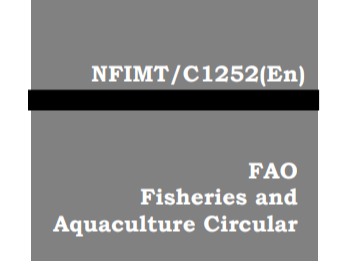
FAO GLOBEFISH has developed a comprehensive study of Fishing Access Arrangements (FAAs) from an economic perspective, to analyze fishing access arrangements and facilitate the identification of opportunities to enhance the trade of fisheries-related services, particularly for developing countries.
